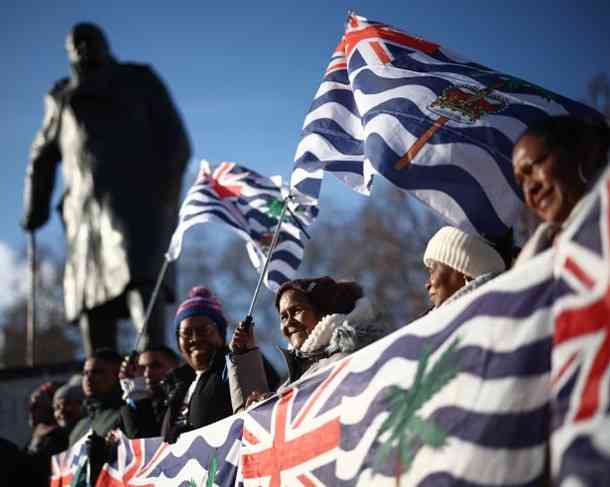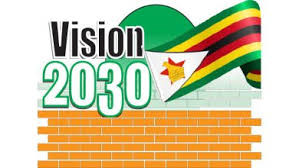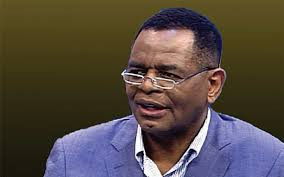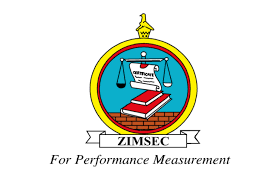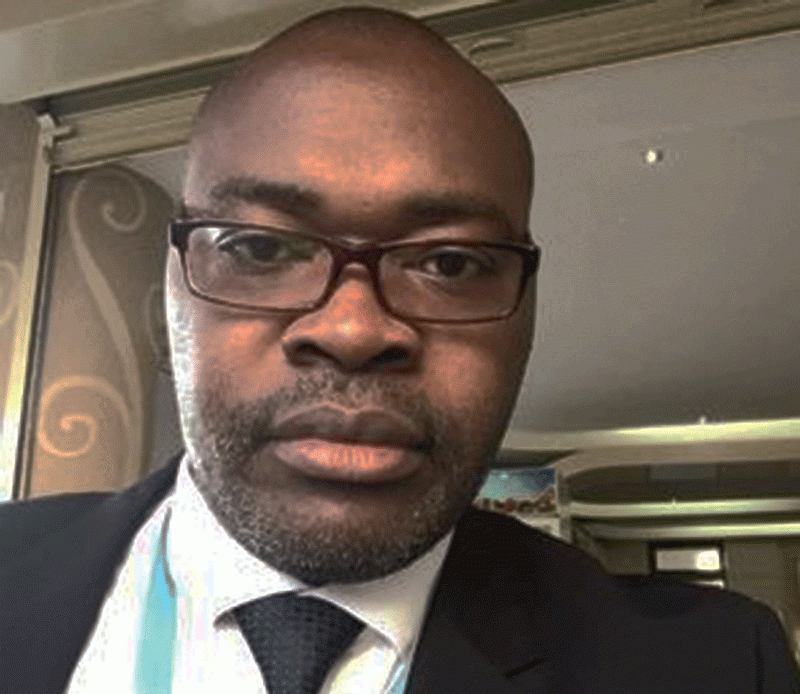
THE past week ended with some interesting sentiments that a cluster of European countries reportedly under the leadership of Poland has been subtly urging Ukrainian President Volodymyr Zelenskyy to end the war against Russia or resign to pave way for a peaceful resolution to the crisis.
In making these calls, the group — which reaffirmed its position as the enemy of Russian President Vladimir Putin — opine that there is no logic in sustaining an unwinnable and yet so destructive war. Reports suggest that this group is made up of Poland, Hungary, Lithuania, Estonia, Czech and Latvia.
However, their recent sentiments were echoed by some countries in Eastern Europe such as Slovakia, Bulgaria and Hungary before and these are known enemies of Russia. The former’s assertion is informed by the realisation that President Zelenskyy is allegedly being used by powerful members of the North Atlantic Treaty Organisation (Nato) to advance their political agenda against Putin. For that reason, they no longer see the war as advancing the interests of Ukraine and the region, but unnecessarily harming regional and global economies.
The latter have never trusted Nato and for that reason, they would rather wish for a Russian victory in Ukraine as that would not alter the political status quo. They are okay with Russia, the enemy they have known for many decades than having the economically greedy Western Europe at their doorsteps.
They see a beneficial buffer in Russia — a necessary impediment to Western European interests. That Nato has not applied logic to the war in Ukraine is the evidence of their fears, but also that Nato has prioritised ego makes them deeply worried. It is also worth noting that Bulgaria and Hungary are both Nato and European Union (EU) full members who have chosen to take a different position.
The world is in a mess today because of the Russian war against Ukraine which escalated just as the world started economic recovery from the COVID-19 pandemic. The global impact of the war may not be reversible, and the world may rue having missed chances to foster diplomacy over propping up a war against Russia.
The damage caused by the war may take many years to repair and recover but what is certain is that the regional and global political relations and economic dynamics have shifted.
The West will certainly and gradually be the biggest loser.
- Africa is paying dearly for the Russian/Ukraine conflict
- Power cuts: Zesa sleeping on duty
- ‘School of funeral assurers a priority’
- What if nations fail on climate change adaptation?
Keep Reading
The global economy has suffered severely because of the war whose ripple effects have cascaded down to the poorest countries in the world as global economic growth has been stunted. It has contributed to global inflation, elevated essential commodities and energy prices, which further worsened food shortages across the world. The secondary global impact includes deepening poverty across the world, migration, commodity price hikes, market volatility, remittances reduction, and changes in fiscal space.
That is not all. Those who have been made vulnerable by these factors and other drivers of destitution can no longer confidently count on aid as the global funding flows have been badly suppressed.
Some wealthy countries are prioritising winning the war against Russia at whatever cost over saving the world.
For example, the United States (US) bilateral aid to Ukraine between January 2022 and February 2023 amounted to US$78 billion with 61% of this figure going towards military support.
A global appeal seeking just US$52 billion to help 230 million people who desperately need lifesaving help worldwide, including those in Ukraine, has only been 15% funded.
Ukraine itself has been directly impacted by deaths, internal and external displacement of its people as well as the disruption of economic and household activities. Its economy suffered heavy losses, contracting by over 30% in 2022, and yet Russia’s economy only suffered a 2,1% contraction. For these reasons, it is in the best interest of Ukraine and world peace and economic stability for the war to end today.
We are at that moment where Ukraine and its backers must realise that sustaining the war for nothing other than the Nato enlargement and proving a superiority point over Russia will continue to worsen Ukraine and the global economic situation.
So far, it has been proven that the war and the sanctions have less impact on Russia which at this stage is not ready to accept defeat on the war front without escalating the conflict into a nuclear war.
It is a moment to pay more attention to reason than political egos.
Hungarian Prime Minister Viktor Orban seems to read from the right hymn book.
He was quoted in the media recently stating that there can be no winner in the Moscow-Kyiv war, and urgent ceasefire and peace talks need to start as soon as possible.
“Russia cannot win the war because the West is mobilising so much weapons, energy, and money for Ukraine that it is impossible to win an open military confrontation against such a power, but vice versa, because those who think that Russia, a nuclear power, can be defeated are mistaken,” said Orban.
- Tapiwa Gomo is a development consultant based in Pretoria, South Africa. He writes here in his personal capacity.

